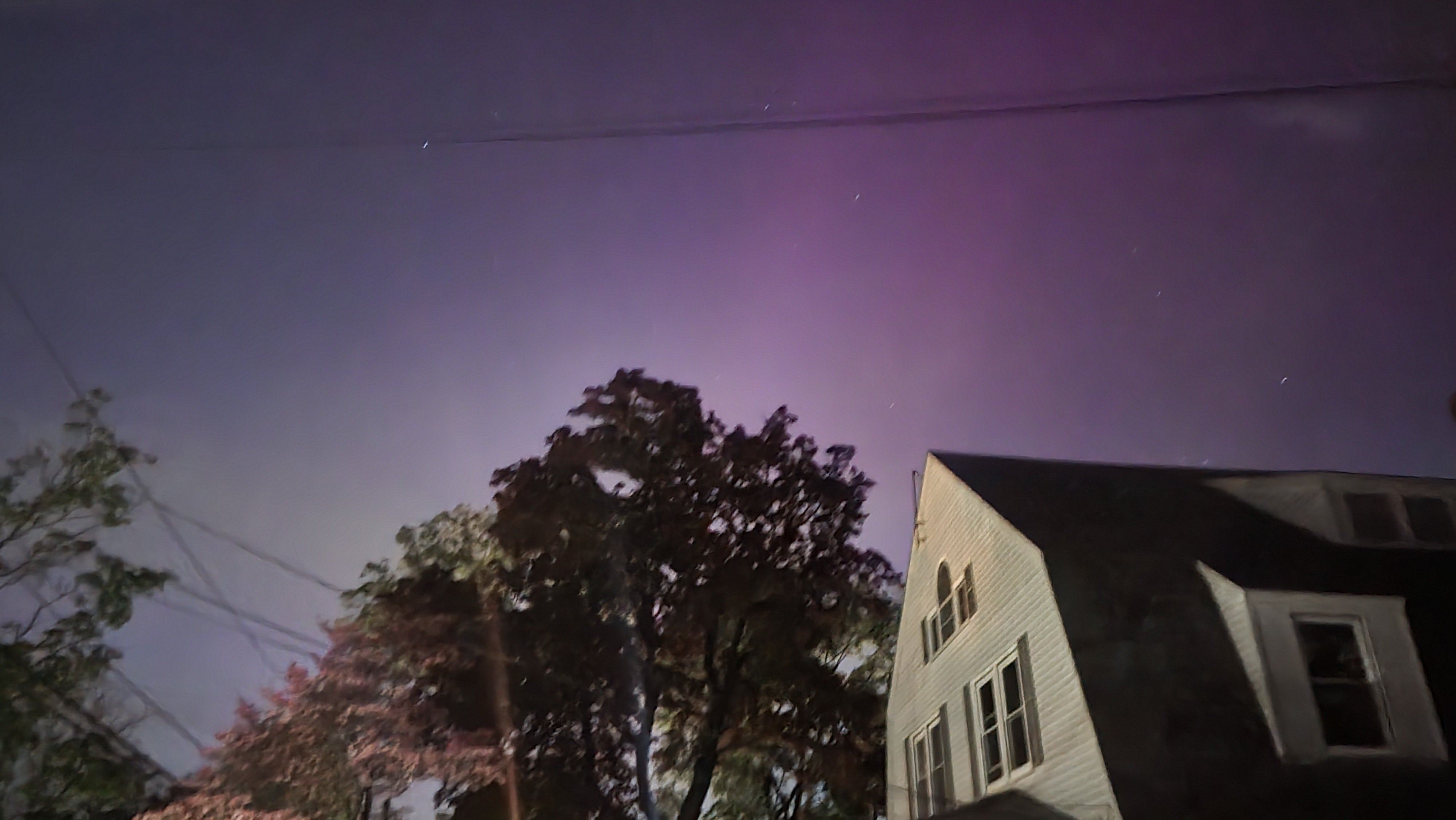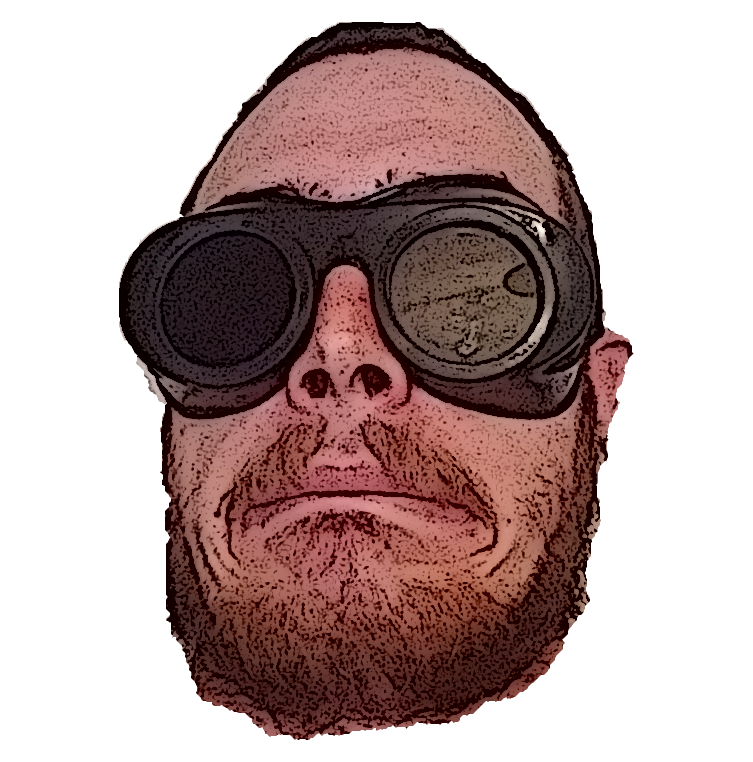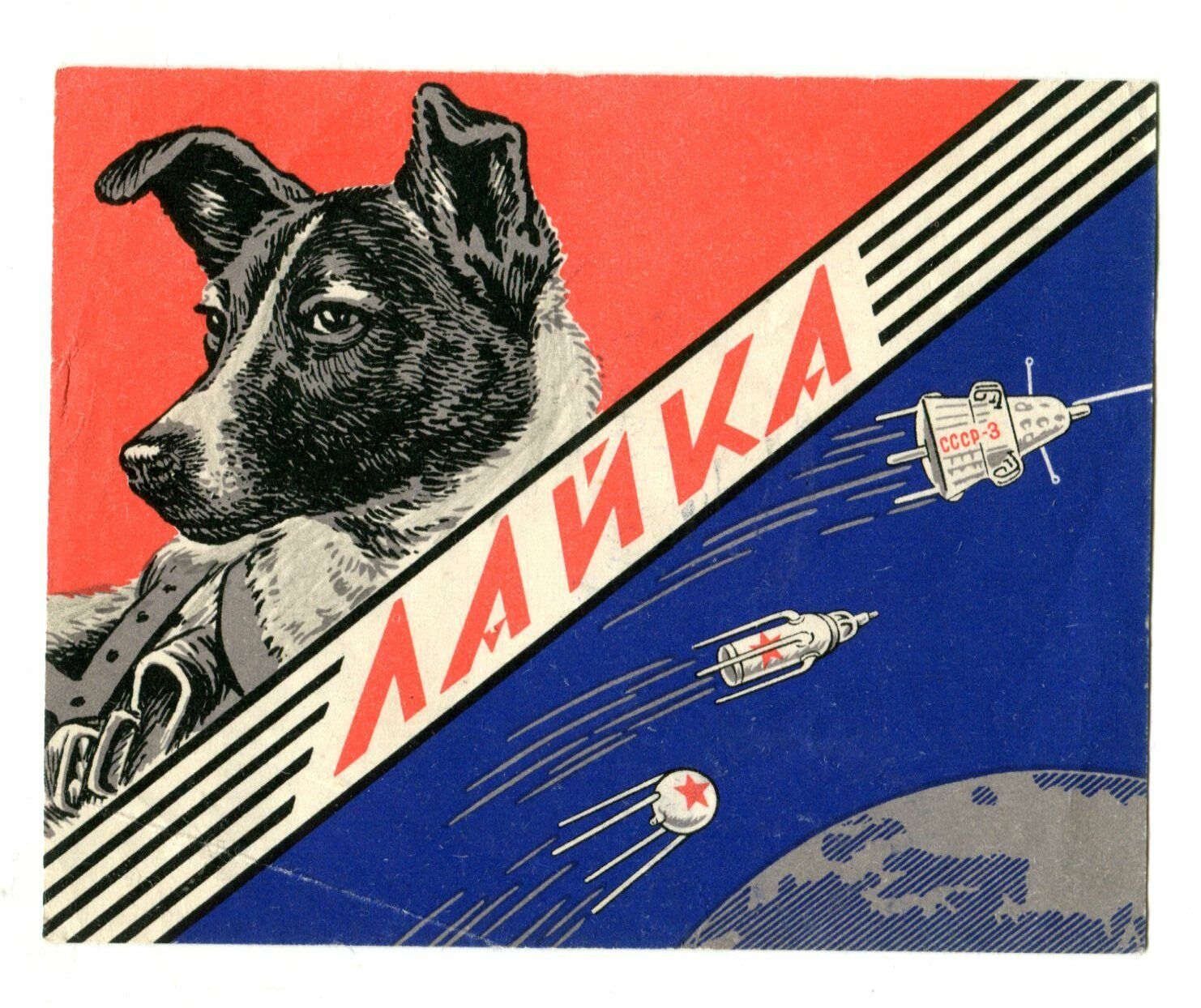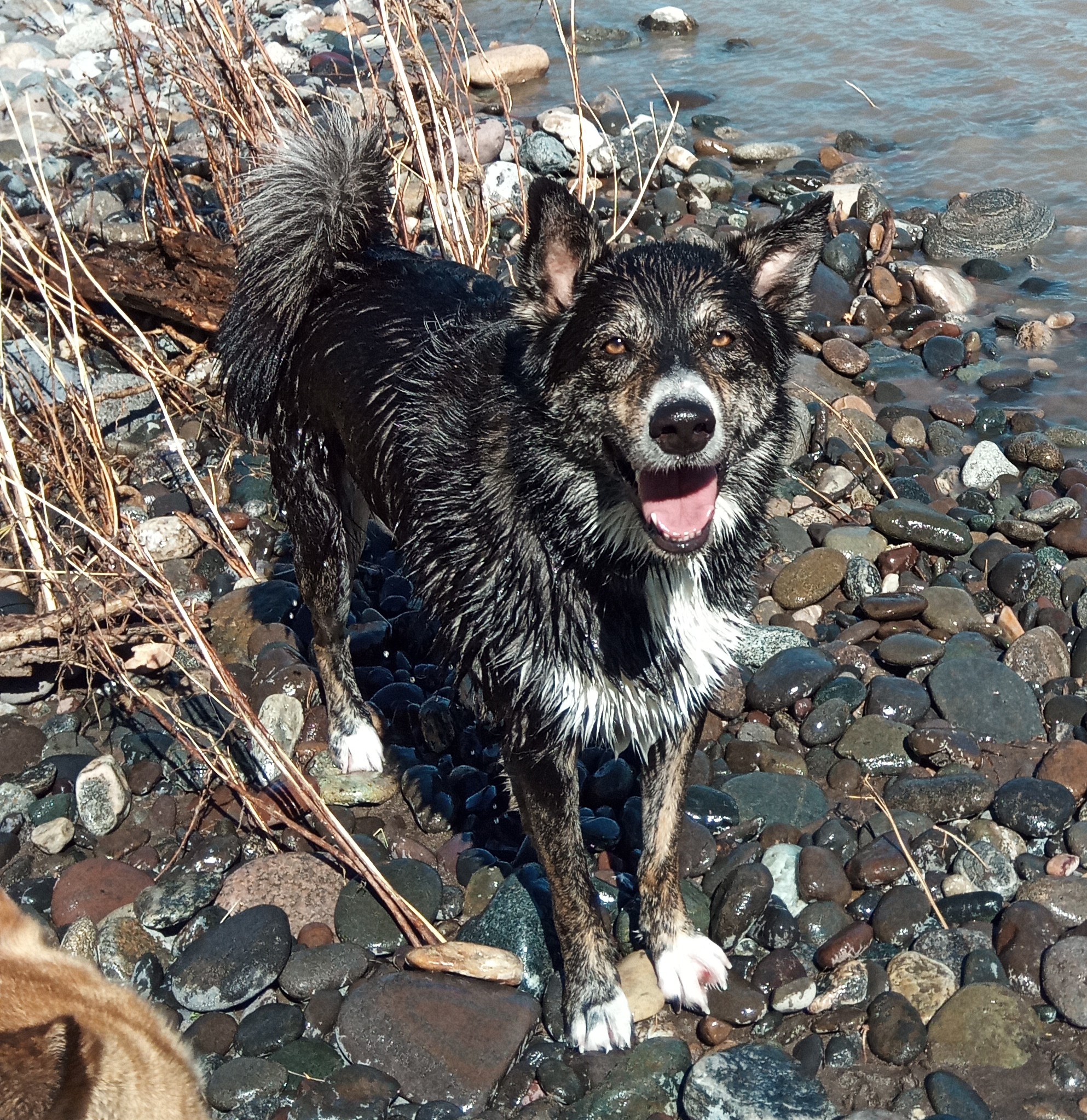Edit
To provide some context given the messages below. I was a professional photographer, and understand that getting a good photo is a skill. Exposure time, timing, location, and many other factors come into play when capturing a great image.
Seeing the aurora was a fantastic experience. The purpose of this post is to help reduce FOMO of those who could not see it. Many people who don’t know these things will imagine dancing lights in the sky of brilliance, and will be saddened by what they missed. While they did miss something, it’s important for them to know exactly what they missed.
Edit2 I should also note this is why I enjoy when photographers post gear, conditions, and settings alongside results. It tells viewers what was real.
It’s not an Instagram filter, it’s exposure time. I set my camera on night mode and it took pictures during 4-10 seconds and the results were incredible
But even with the naked eye the lights were incredible last night
We arrived to the park before sunset and the biggest display was right when it became dark enough and a lot of people started arriving 2-3 hours later after watching pictures of other people and they were complaining that it didn’t look as magical as the pictures. Lots of those people who arrived late were also using flashlights and just taking pictures of using their phones, not letting their eyes get used to the dark conditions or even really looking at the sky
This. Thank you for explaining it correctly, I’ve seen sooo many people saying it’s just filters. Of course, there will almost always be some colour correction but the way a camera a camera can capture the light is different to the naked eye.
See edit and response above, thank you for the feedback.
I provided an edit above, as you make a good point. I was frustrated with those uninformed with flashes, too, and realized that the inverse could be true, which is why I made this post. Here is the edit for expediency:
Edit
To provide some context given the messages below. I was a professional photographer, and understand that getting a good photo is a skill. Exposure time, timing, location, and many other factors come into play when capturing a great image.
Seeing the aurora was a fantastic experience. The purpose of this post is to help reduce FOMO of those who could not see it. Many people who don’t know these things will imagine dancing lights in the sky of brilliance, and will be saddened by what they missed. While they did miss something, it’s important for them to know exactly what they missed.
Edit2 I should also note this is why I enjoy when photographers post gear, conditions, and settings alongside results. It tells viewers what was real.
Let me just say it bugs me when people apply filters to natural phenomena or pictures of animals because it alters my perception of how these things really look.
A little tweaking to improve clarity or contrast sure, but I’ve seen landscapes completely colorized in a way that almost feels like being lied to.
To be fair you don’t really have to use filters for this. Cameras are much better at capturing the colors of the aurora while in person it looks like a faint white glow in the sky. Possibly some white-balance thing where it way overcompensate.
Cameras also need relatively long exposures to capture those so it’ll also appear much brighter and vivid than we see with our own eyes, possibly because of the low light conditions we use our cones more than the rods.
It was actually really crazy last night when I was out. With my eyes I could just barely make out the white lines in the sky. Long exposure on my phone (~5 seconds) and it looks TOTALLY different. I would have never guessed there was all those purples and reds there. If my brother hadn’t texted me and said pull out your phone and take a picture I would have gone back inside and just shrugged.
I’m in a pretty dark sky area in Australia, was able to make out the colours and waves / lines with the naked eye at its peak. Camera showed lush, bright reds even with about 10-15 seconds of exposure.
It may just be the light pollution where I am. I’m not too far from a pretty large city. I’m thinking that washed out a lot of what I could see with the naked eye.
Edit to post above to cover this. Thank you.
This is exactly why I made this post. See edit to post.
I can barely see it with the naked eye, but my night sight android camera makes it bright reddish.
Some posters will have modified the image but not all.
Yeah I took a couple shots last night with my S21 Ultra and it just made the sky look like the old default wallpaper from like Mac OS X

As a Samsung user I would expect a moon up on that night sky.
The sky looked all hues of purple and pink here. The android night Camera took a 3 second lapse and it was much more like the ops picture.
Tldr. Long exposure makes it look cooler (like everything at night). The pictures will always look more impressive, but that doesn’t mean the lights aren’t still visible and awe inspiring.
I think the biggest disappointment I had after moving to Alberta was finding out the Aurora Chaser groups use high exposure for all of their images and the actual aurora just looks like white beams most of the time. I do see green from time to time, but you need to go to dark-sky preserves or the fuckin’ Yukon to see the good ones.
Aurora photos are a real circle-jerk of dishonesty.
high exposure is used on almost any high-level landscape photography, even during daylight and not exclusively auroras. there is nothing wrong with squeezing down a couple of minutes into one picture for a better visualization
I was out in north London from 10:30 to 11:30 and I didn’t see a thing.
Finally someone pointed it out 😁 I love very far north and we have these almost every night (except now to August, as it never gets dark) and everyone simply posts enhanced versions, that you never see like that.
Meanwhile my entire state in the US is covered in clouds.
I used the night sight camera mode on my phone to get some pretty cool shots.
Was the choice of the word “shots” conscious?
I could see avoiding the word photo(graph) as a way of conveying a more tenuous relationship with reality.
I have the opposite thing when I take a picture of the moon… Looks brighter, bigger and more detailed to my naked eye than it does on film even with proper exposure and stuff. Always have to touch it up just to get it to look right.
If it’s a phone, that’s probably because the small lens can’t handle the contrast. I bet if you use digital zoom it helps some.
Using the standard lens on my SLR does the same. It comes off and can be replaced with other lenses though, I just don’t have anything other than a fisheye and the one that came with the camera. I don’t think the fisheye would be helpful here lol
I am all with you on editing images and creating a “fake” reality on social platforms.
But this poses the question: how much has digital tech become part of our perception and is digitally enhancing a picture really much of a difference if it just helps us see more of the actual reality? I don’t think increasing exposure and contrast is changing reality, it just squeezes down what we cannot see so easily and makes it visible in that narrow slit that our human perception can actually process. We use digital editing nowadays that it has become part of our whole process of perceiving reality, so much so that the digital picture litterally replaces what we saw with our eyes - simply because digital photography has become an extension, much like glasses, shoes, cars are litterally a part of our body.
Imho as long as it doesn’t create pixels from scratch that weren’t there in the first place, it is still viable to polish a picture of the sky to make it more appealing. I mean no buttcheeks were enhanced here, no eyes replaced or lips turned i to a grotesque sausage mouth freakshow 😅
A lot of these photos are made by actually using a long exposure rather than tweaking the “exposure” slider in post
but that’s great. using long exposure is a skill that is highly regarded in the photographers community. early photo plates needed exposure for at least 7 minutes, requiring the subject to stand completely motionless. quite a challenge.
Depends on where you live too. I can see the northern lights where I’m at pretty regularly anyway but last night they went all kinds of crazy.
Very true, if you were in Norway, or heck even northern UK, I bet it was very different than in the NE US.
Don’t try to tell me what I saw with my own eyes the other day. I’ve seen aurora before, plenty, but not like that.
My photos with my Samusung looked like the top picture and my brother’s with an iphone looked like the bottom picture, neither of us did any manual editing.
This isn’t a comment to disparage nor compliment apple but I suspect the photo app itself does some post processing in addition to having good quality cams on their phones.
Both do I’m sure, but the apple version clearly goes further than the samsung version. It was just an observation mostly.
Most newer Phones do loads of filtering and post-processing on pictures automatically.
Most people think: “Wow, this device has good cameras!”
Some people think: “Wow, my photography skills really improved lately!”
What really happened is that the underlying softwares were changed dramatically in the last years.











